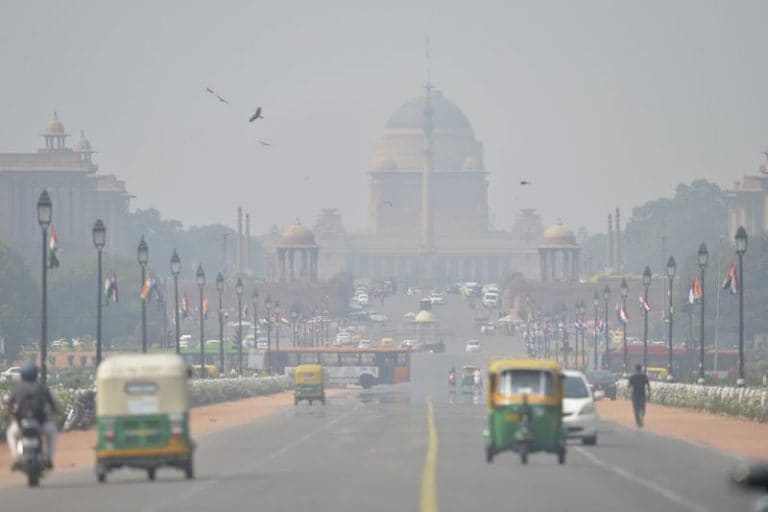The World Health Organization said air pollution is now one of the biggest environmental threats to human health, causing seven million premature deaths a year, hence it strengthened its air quality guidelines on Wednesday.
The UN body said, to reduce exposure to air pollution urgent action need to be taken, positioning its burden of disease on a balance with smoking and unhealthy eating.
“WHO has adjusted almost all the air quality guideline levels downwards, warning that exceeding the new… levels is associated with significant risks to health,” it said.
“Adhering to them could save millions of lives.”
The new guidelines are focused to protect people from the severe effects of air pollution and are used by governments as a suggestion for legally binding standards.
Last, the UN agencies issued the air quality guidelines, or AQGs, in the year 2005 which had an important effect on the pollution reduction policies worldwide.
In the 16 years since however, more evidence had arisen showing that air pollution affected health at lower concentrations than previously understood, said the WHO.
“The accumulated evidence is sufficient to justify actions to reduce population exposure to key air pollutants, not only in particular countries or regions but on a global scale,” the organisation said.
According to COP26 report – The new guidelines come just in time for the COP26 global climate summit held in Glasgow from October 31 to November 12. Along with climate change, air pollution was one of the biggest environmental threats to human health, stated the WHO.
Its climate change chief Maria Neira said a major report is being prepared by the WHO to present in Glasgow to stress the “enormous health benefits” of reducing air pollution through mitigating climate change.
“You can imagine the incredible number of lives we will save,” she told journalists










